In the game inZOI, every action affects your character’s life: save a kitten—get a bonus; play a trick on a neighbor—expect trouble. The developers at KRAFTON were clearly inspired not only by life simulators but also by moral dilemmas where the choice isn’t always obvious.
 Image: ensigame.com
Image: ensigame.com
At the same time, the title allows you to fully role-play either a good character or one who’s not so good. So, should you be kind or go all out on a crime spree? Let’s figure out how karma works in inZOI and how much it can change the course of your story.
General Mechanics of the System
The karma system is a dynamic mechanism that tracks your character’s actions and determines their reputation in the game world. It works on the principle of cause and effect, where each action has long-term consequences. This feature also provides unique buffs and debuffs, as well as opportunities for interacting with the outside world.
 Image: ensigame.com
Image: ensigame.com
Let’s break down how it works:
Some of Zoi’s actions are evaluated on a scale from positive to negative karma. Such actions have special labels styled like the Yin and Yang symbol. Good deeds (helping others, charity, honest work) increase karma. Negative actions (theft, lying, aggression) decrease it.
High karma unlocks friendly dialogues, simplifies job hunting, and even grants access to unique events. In addition, NPCs start off more loyal to you by default. However, characters with high karma may face some restrictions—for example, certain bad deeds will be unavailable, and you’ll need to maintain your high karma level to keep reaping all the benefits.
 Image: ensigame.com
Image: ensigame.com
A low level may lead to conflicts, difficulties finding a job or getting promoted, hostile reactions from NPCs, and in some cases, trouble with the law. As in real life, reputation is easier to worsen than to improve. Yet bad karma brings its own unique mechanics—for instance, the ability to steal, cheat, and perform other unsavory acts. Naturally, you need to use these opportunities carefully, because in inZOI, your character can be sent to jail.
Karma affects not only the current character but also their descendants (similar to the inheritance system in role-playing games). Some NPCs may be biased against your family line if your ancestor left a bad mark on history.
 Image: store.steampowered.com
Image: store.steampowered.com
Unlike The Sims 4, where a Sim can behave any way they like without serious consequences, here your actions accumulate and shape the character’s reputation. If your Zoi becomes a criminal authority, the hero will find it harder to integrate into society, get a job, or make friends. On the other hand, there are similarities to the karma system in the Mass Effect and Fallout series, since your character’s decisions over time unlock unique interaction mechanics and change how the game world reacts to the hero.
Advantages and Disadvantages of Karma
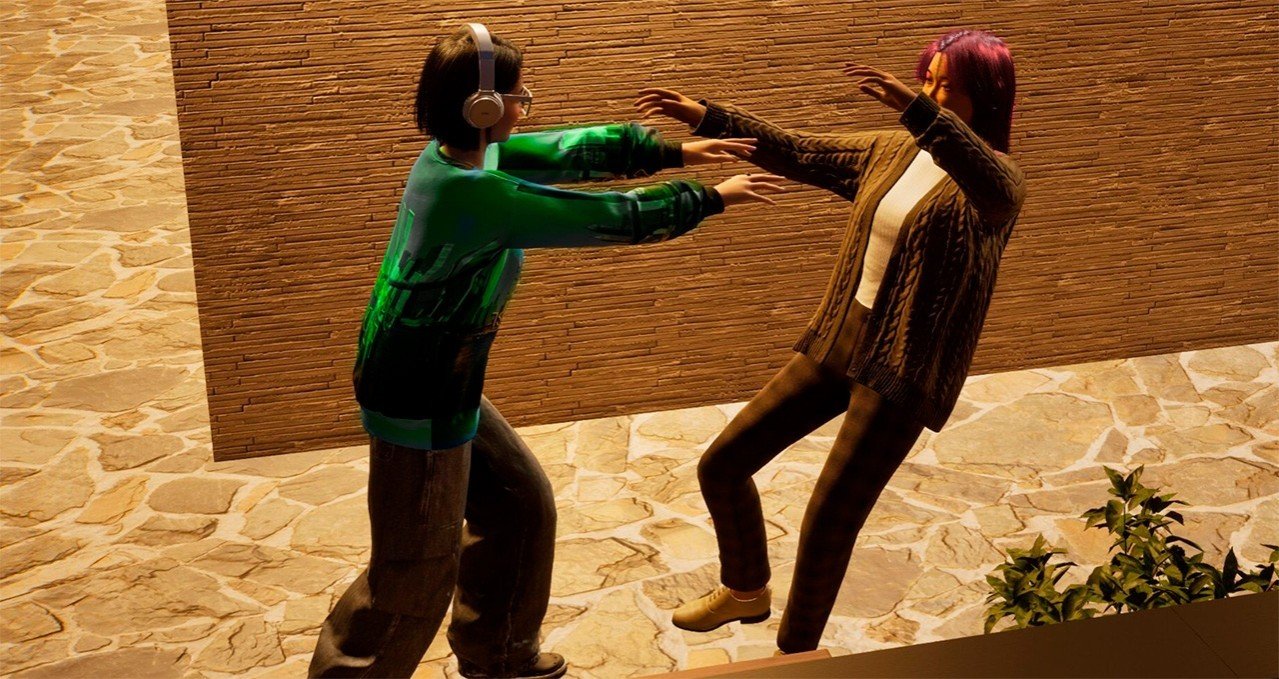 Image: ensigame.com
Image: ensigame.com
Like any deep game mechanic, the karma system in inZOI has its pros and cons. The developers at KRAFTON were clearly inspired not only by The Sims 4 but also by moral systems from Mass Effect and other RPGs.
Advantages of the system
🔹 Depth and realism. Unlike The Sims 4, where your people can prank without consequences, here every action affects the character’s future life.
🔹 Replayability and variety. You can go through the game in different ways—be a good citizen or a jerk—since each approach unlocks new dialogues, events, and restrictions.
🔹 Global impact on the world. Karma not only changes the fate of an individual character but also affects those around them. If your Zoi is a notorious villain, it will affect their family and even future generations.
Disadvantages of the system
🔹 Limitation of freedom. In inZOI, the karma mechanic can sometimes feel too strict.
🔹 Possible balance issues. If the system is too sensitive, players may accidentally ruin everything by making a couple of rash decisions.
How to Change Karma Throughout the Game
The most basic way is through interactions with characters and objects in the game world. In inZOI, there’s a special section of dialogues and interactions dedicated to karma. Each one is marked with a circular karma icon:
❤️ Red icon – a negative action (rudeness, deception, crimes).
 Image: ensigame.com
Image: ensigame.com
If you want to become a local saint, choose blue interactions. If you dream of turning into a walking disaster, go for the red ones. You can also control karma through less obvious decisions. For example, if you hit other cars while driving or, even worse, run over pedestrians, your karma will go down—though the game won’t warn you about it.
As the indicator shifts in one direction or the other, your character will gain access to unique choices that further push progress in the desired direction.
inZOI also has a unique item—doughnuts—that affect this system. They are purchased with in-game currency, which is only earned by completing your characters’ life goals. Using them, you can perform specific interactions. One doughnut resets karma to neutral—useful if you’ve gone too far in one direction. Another instantly turns the hero into the embodiment of evil.
 Image: ensigame.com
Image: ensigame.com
However, there is no doughnut for quickly raising good karma—being honest is harder, so you’ll have to work for it.
For particularly impatient players, there’s a hidden mechanic: sliders in the city menu that regulate the rate of karma change for all Zois:
🔸 It’s a great tool for experiments or fixing mistakes if your conscience suddenly starts bothering you.
 Image: ensigame.com
Image: ensigame.com
There’s also an interesting mechanic in the city editor—the ability to encourage residents to change their karma, though only in a positive way. When someone’s indicator becomes dangerously low, you can intervene using the city menu to manage the destructive character. This can be done once every 24 hours.
Influence works by scolding bad people and rewarding the good. In the first case, you can improve the overall karma of the city; in the second, you get individual rewards for specific virtual people.
However, intervention doesn’t guarantee that characters will listen to you. They might ignore you. The game itself recommends refraining from intervention between 5 and 6 a.m. It doesn’t specify the exact consequences, but most likely your chances of successfully influencing a Zoi are just lower during that time.
What Bonuses Does Neutral Karma Give?
So far, none. It may be improved over time. By default, all new characters—if they don’t have a detailed backstory—start with neutral karma. It doesn’t grant any unique interactions or special influence on the game world.
As a result, right now it’s more profitable to shift either to the blue side or the red side. There’s no point in maintaining a neutral level. On the contrary, it only adds unnecessary restrictions.
Death and Karma in inZOI
Death isn’t the end, especially in this world. Even after your character dies, their karma continues to play an important role. Whereas in The Sims 4, ghosts mostly behave chaotically and aren’t playable, in inZOI you can play as your Zoi even after death, but with a few nuances.
 Image: esports.gg
Image: esports.gg
When your Zoi dies, the hero’s spirit can remain in the world of the living—but not for free. The ghostly form depends on the karma the character accumulated in life:
🔽 Low level. The virtual character turns into a vengeful ghost who can scare NPCs, break equipment, take revenge on enemies, and even cause accidents.
A ghost doesn’t have to stay forever—there are ways to move on to the afterlife or even return to the living, but it all depends on what you did in life.
However, if you sinned a lot during your lifetime, the game simply won’t let you peacefully depart until you correct your karma. This means you’ll take control of the ghost. They will wander around the city. By default, the AI controls the mystical being automatically, but then the spirit will behave badly, which means it can’t improve its karma. You need to make it perform good deeds. Then the indicator will improve, and the spirit can finally rest.
 Image: ensigame.com
Image: ensigame.com
Another important note: if there are too many mystical beings in your city, it will be hard to create other characters to move in. Other residents will also fear you because you’re a supernatural creature.
The ghost system in the game isn’t active yet, so it’s unclear which good deeds will raise your karma as a ghost. Apparently, there will be special actions for them, but that’s not confirmed yet. Ghosts and the system for interacting with them should appear in the game around August 2025.
The karma system in inZOI makes every choice significant, affecting not only the character but also the surrounding world. Good deeds open doors to friendship, success, and respect, while evil actions grant unique mechanics but lead to consequences—from loneliness to legal troubles.
Even after death, your character doesn’t vanish without a trace, and their karma determines what they become in the afterlife. In the end, this title offers not just a simulation but a deep system of moral choice, where every action can change your story.
Main image: ensigame.com
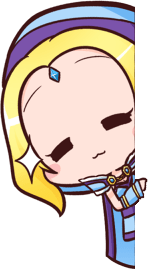
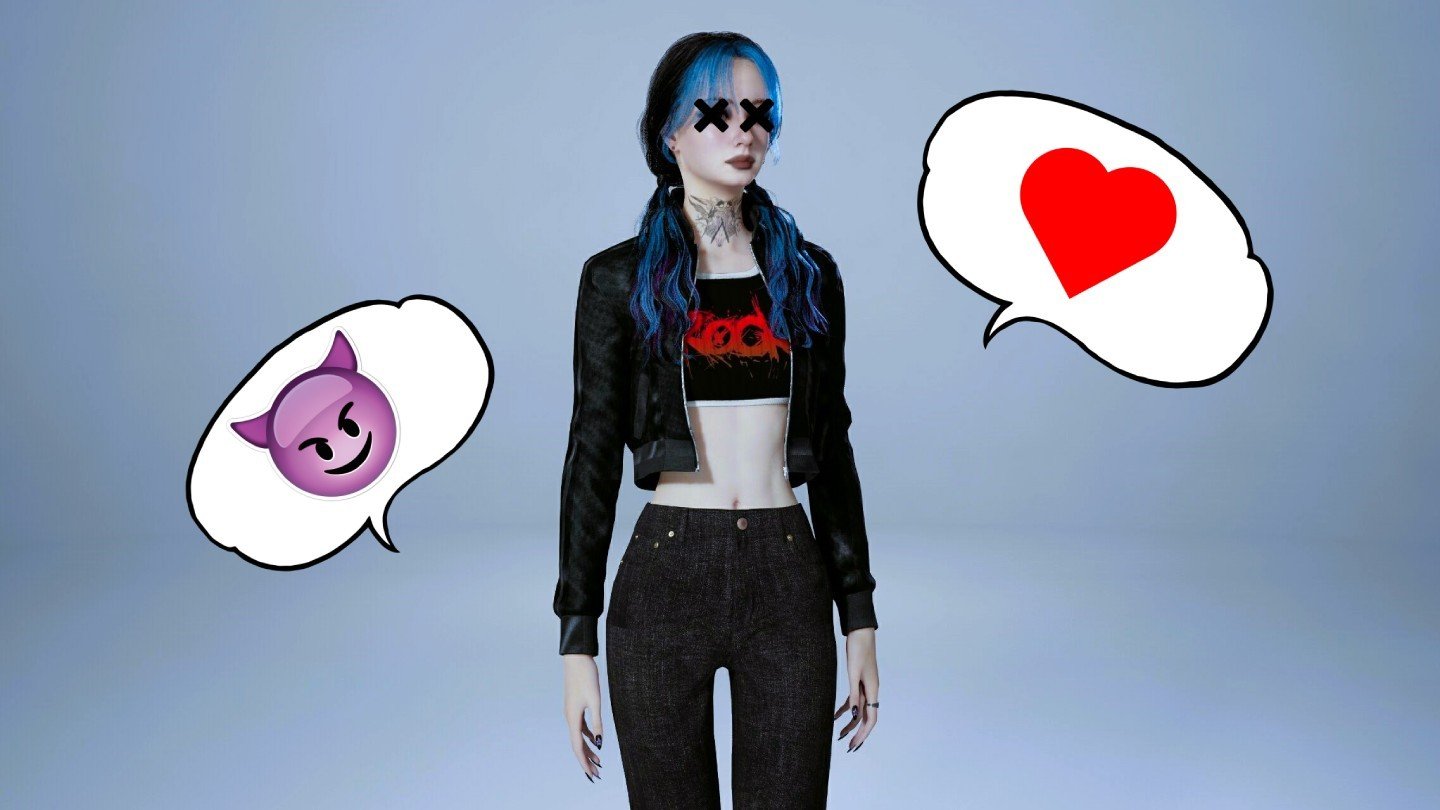

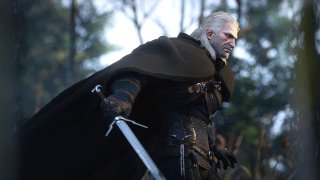
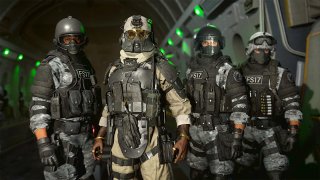


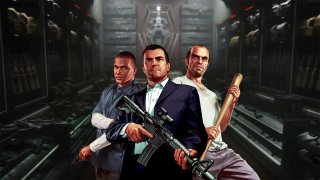
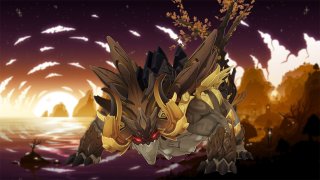
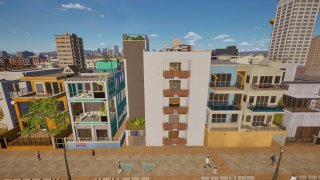
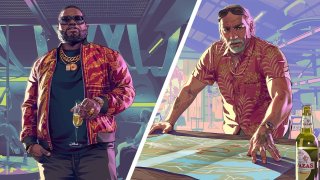
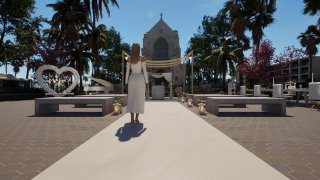


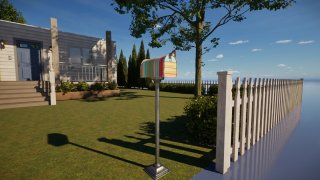
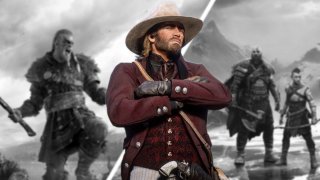

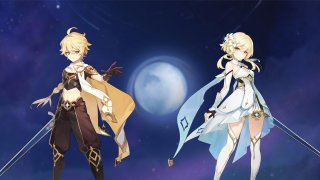

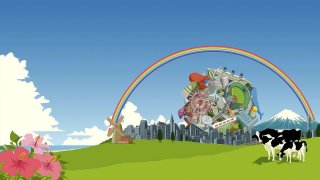
0 comments